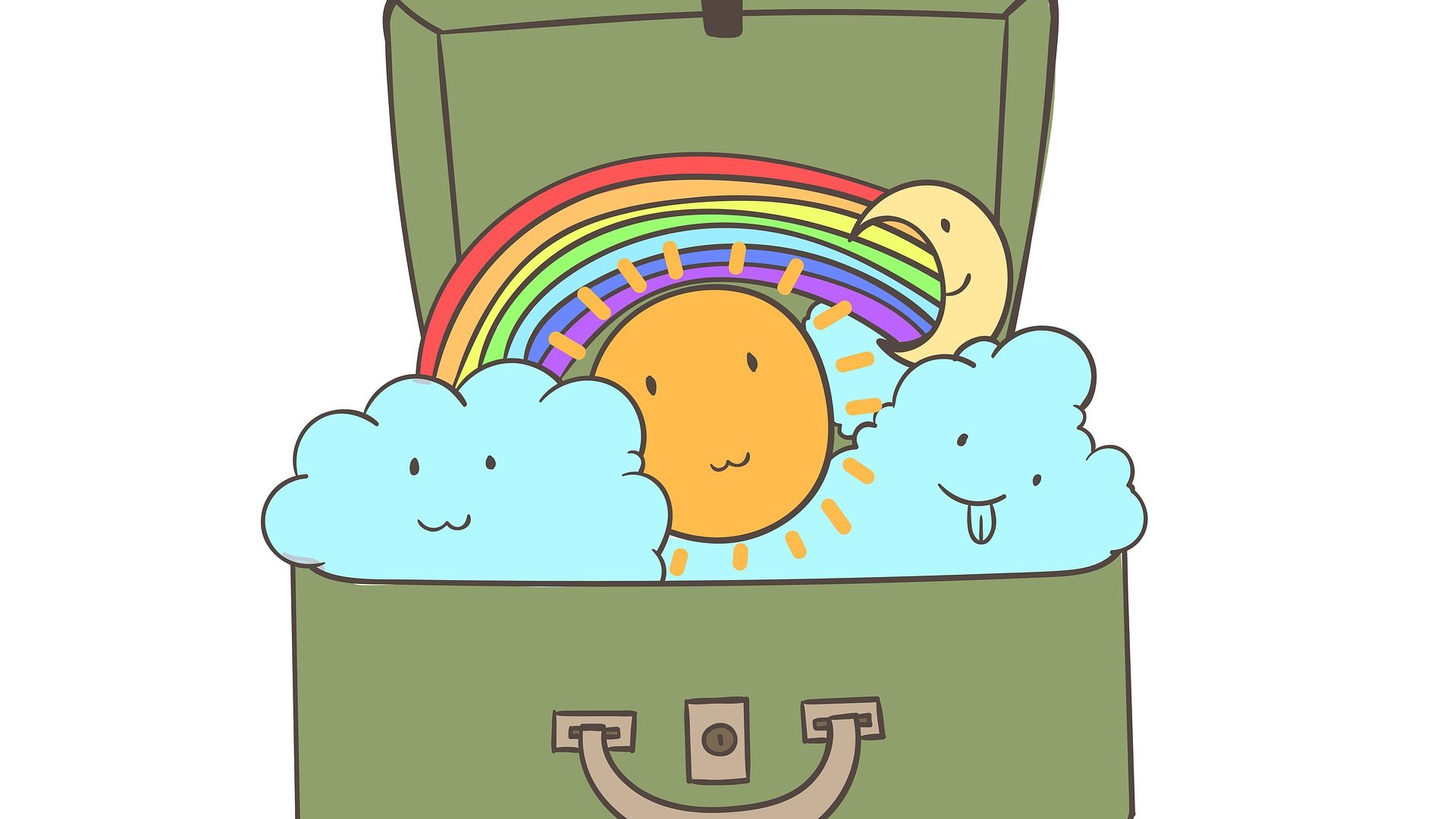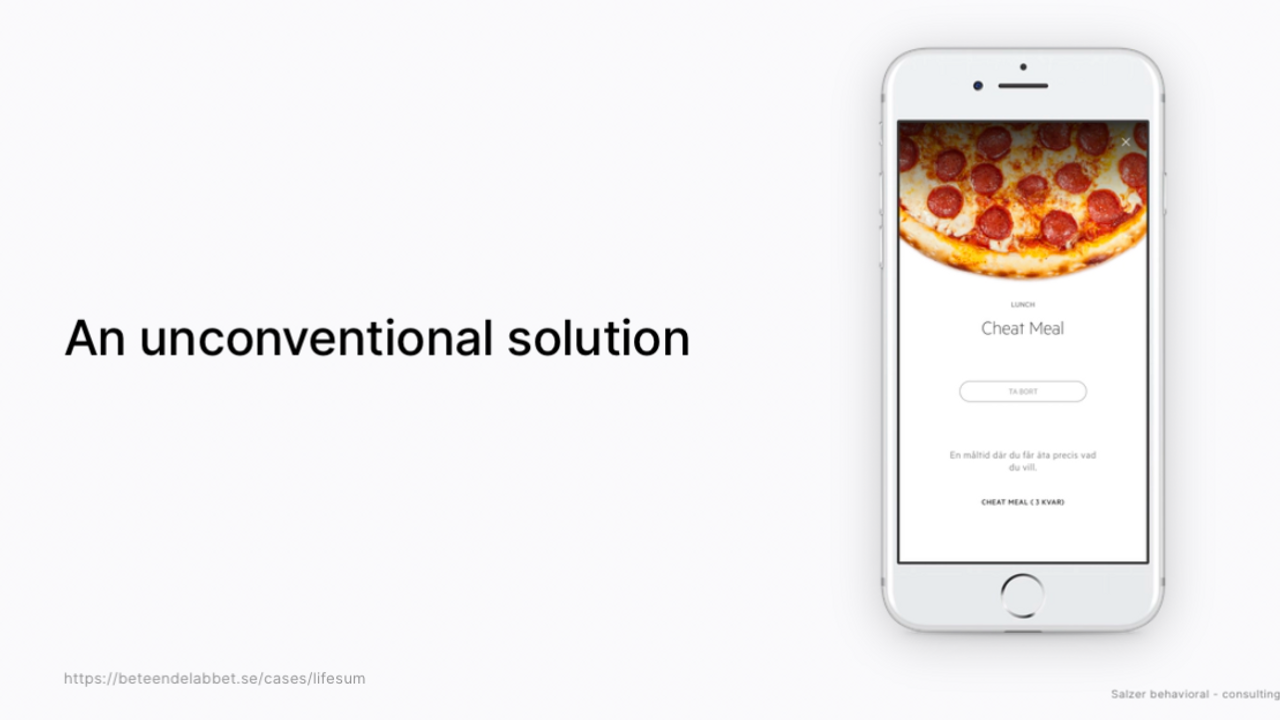Getting unstuck
We’re now a couple of weeks into the new year.
If you are struggling with making promises stick, here are three questions to ask yourself:
- Is it worth bothering?
- Am I actually clear on what I need to do?
- What am I worried about if I do this?
Is it worth bothering?
If you haven’t done whatever “it” is yet, the reward for bothering may not outweigh the effort involved.
That means you have two avenues to follow. Make the payoff more attractive and/or make it easier to do.
Am I actua...
The Quadal technique

Want to keep a journal but struggle to establish the habit?
A few years ago I created a super simple, behaviourally informed format that I use every single day. I call it the "Quad-al technique".
It works so well because:
- takes less than 5 minutes;
- it's structured without being constrictive; and
- it access different parts of your brain.
I explain it, along with the science behind it in this clip.
For more on habits, you might find my book The How of Habits useful.
4 stages of personal change

In my experience, changing personal behaviour looks like this:
- “I should” - recognising the need for change
- “I will” - resolving to change
- “I am” - doing something different or differently
- “I did” - moving from the original intent
Each stage has its challenges.

1. I should
I should exercise more. I should eat differently. I should call my loved ones more. I should work less.
Shoulds can feel exceptionally draining because this type of self-talk reminds us of what we’re not.
It ...
Doing hard things

I often talk about the need to minimise effort if we want behaviour to happen. The easier something is to do, the smaller the payoff for bothering needs to be.
But.
Sometimes we need to do hard things. We want to do hard things.
There’s the thrill of riding a roller coaster, the relief of passing exams and the satisfaction of climbing a mountain. The adrenaline of presenting your ideas to a crowded room.
In these cases, making the hard thing easy would negate its worth.
No one would rid...
Portable habits

My number one tip, when people ask about habit change, is your physical environment. Set it up to make it easy to do the right thing and hard to do the wrong thing.
But there’s a problem with relying on your environment. What if it changes?
The perils of contextual cues
I was travelling recently but completely forgot to take my vitamins in the morning. Why? The context had changed.
The behaviour of taking my vitamins is tied to my breakfast routine at home, and it turns out that doesn’...
Designing for how people use your product

Can I share something with you about my toilet?
It's about the buttons, which look like this...

If you wanted to use the half flush, which button would you press?
The button on the left, or the button on the right?
.....
The fact that I'm asking suggests there is a problem here, doesn't it? The correct button should be obvious.
And indeed, the button on the right, the smaller button, is for a half flush.
So why do I find myself continually pressing the larger button on the left?
Bec...
A new way to think about habits
How are those promises you made yourself going?
You know, the ones about work, family or health?
Don't get dismayed if you've reverted to old patterns – it's natural to do that.
Those old neural pathways are well entrenched. The trick is to repeat your new behaviour so that new pathways form.
That's what I explain in this video.
I cover what happens behind the scenes when it comes to changing behaviour, and the two most impactful things you can do.
You might also find interesting:
-
...
The easy way to journal everyday
Lots of people want to keep a daily journal, but don’t know what to write or find it becomes a bit of a hassle.
In this video I’m going to share the format that will make your daily journaling session easy, fun and repeatable.
PLUS, the behavioural science that makes it work.
Let’s get started.
While I use my favourite bit of tech, my reMarkable tablet, pen and paper is perfectly fine.
Simply draw a quadrant, splitting your page into four. In reMarkable, I’m using the four storyboards templ...
Expecting customers to fail

Lifesum is a diet App in Sweden that allows users an occasional “cheat meal” — something like pizza or a burger — without disrupting their progress.
So popular was this product tweak that take-up almost doubled.
That’s what habit specialist Samuel Salzer shared in his talk “The Science Behind Habit-Forming Tech, explaining that designing for “failure states” can improve user and business outcomes.
From streak to bleak
We know that consistency is the biggest indicator of whether a habit will...
Influencing skills 101: Squeezing the toothpaste
When we hear about behavioural science and evolutionary psychology, it can sound daunting and, worse still, far removed from our day to day decisions and interactions. Low on relevance, high on hyperbole.
But I’m guessing you are more familiar with the tenets of behavioural science than you realise. I’m even going to guess that you hold a lot of the insights into human nature in your hand, twice, maybe three times a day.
Ahh, the humble tube of toothpaste.
If you’re up for an experiment, paus...

